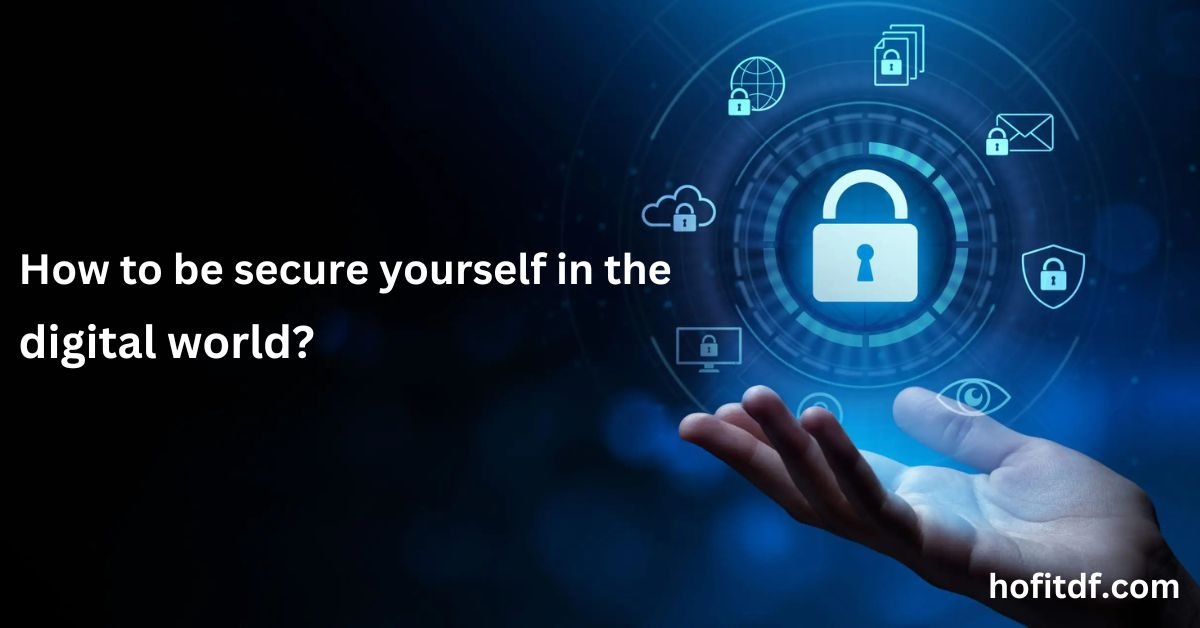In today’s digital modern world, the internet has become an essential part of every person’s life. We use the Internet for banking, shopping, education, and communication. But do you know which cybercriminals are every time finding new mediums to steal your personal information? Cybersecurity is an important part of your digital security that secures you from hackers, malware, and deceiving attacks.
What is cybersecurity, and why is it important?
It is important that you understand cybersecurity and secure your digital life accurately if you want your personal data to be safe.
Every User Should Know about some common cyber attacks.
You must understand which cyber threats can be dangerous for your security If you do online activities. Below are mentioned some common cyber attacks which mostly harm users:
Phishing Attacks
Phishing is a common cyber attack in which hackers steal your sensitive information using fake emails or websites. Most users share their banking details or passwords, which later becomes a matter of fraud or hacking.
Ransomware attacks
Hackers lock your data and then demand Decessit(tawaan) to unlock it. Your important data can be lost forever if you do not have a proper data backup.
Identity Theft
Hackers can use it to commit identity fraud or financial fraud if you share your personal and sensitive information on social media or websites.
Spyware and Malware Attacks
Spyware and malware can hack your device if you unknowingly visit infected websites or download suspicious software.
Simple Tips to Improve Your Cybersecurity
Follow these simple cybersecurity tips If you want to protect your online security from hacking and data theft:
- Use Unbreakable Passwords
• Do not fix weak passwords like 123456 or password.
• Mix Uppercase + Lowercase + Numbers + Symbols.
• Keep an antique password for every account. - Put on Two-Factor Authentication (2FA)
• Enable 2FA for your email, social media, and banking accounts.
• This gives your accounts more security layer. - Abandon public Wi-Fi
• Public Wi-Fi is most vulnerable to hacking.
• If essential, use a VPN. - Do regular software updates
• Always install antivirus and system updates.
• Hackers take advantage of old security vulnerabilities. - Think before opening suspicious links and attachments
• Do not click on links given in unknown emails or messages.
• Hackers often use fake links for phishing attacks. - Keep regular backups of your data
• Take a backup of your important files and documents every month.
• Save the backup on an external hard drive or cloud storage. - Think before sharing your personal information on websites
• Enter your personal or financial information only on trusted websites.
• Prefer HTTPS sites that are secure. - Check Social Media Privacy Settings
• Strengthen the privacy settings of your Facebook, Instagram, and Twitter.
• Do not show your posts and details to unknown people. - Use Secure Payment Methods
• Use trusted payment gateways when shopping online.
• Do not use debit cards instead of credit cards. - Increase Cybersecurity Awareness
• Be aware of new trends and threats in cybersecurity.
• If you are a business owner, ensure cybersecurity training for your team.
Future of Cybersecurity:
Are You Ready?
As artificial intelligence and blockchain technology are rising, cybersecurity is also becoming more advanced.
Experts say that AI-powered cyber attacks and deepfake scams can be general in the future.
That is why you should improve your online security from today so that you do not become a hunt for any cyber attack.
Conclusion/Result
Cybersecurity is important for all Internet user.
Cybersecurity is not just an option but your need if you are a user of the internet. Nowadays hackers are finding new ways to access your financial and personal information. But if you incorporate strong passwords, two-factor authentication, VPN, and cyber awareness into your daily routine, you can stay safe from cyber threats.
Follow these cybersecurity tips from the present moment and stay one step ahead of hackers if you want to keep your online data, banking details, and social media accounts safe.
